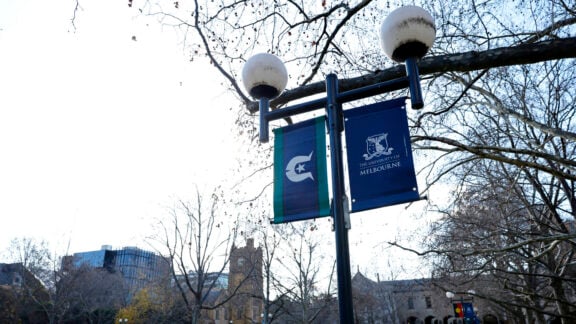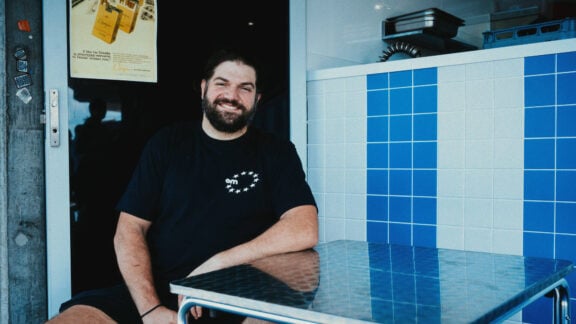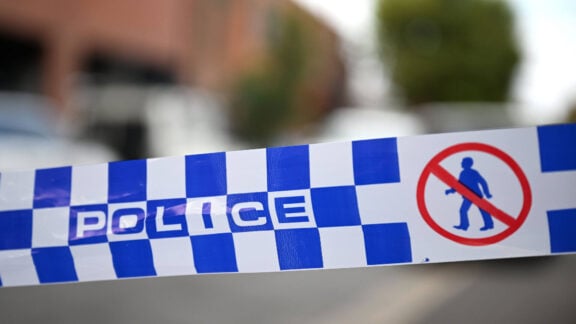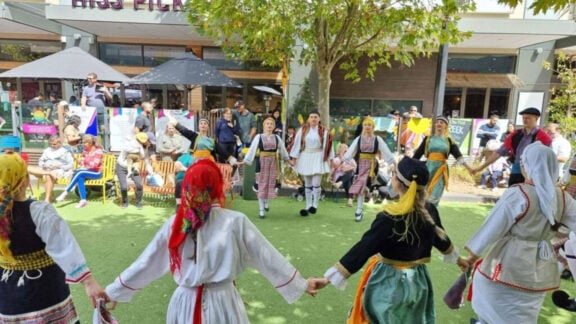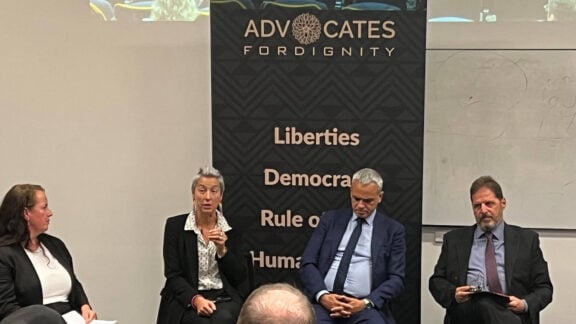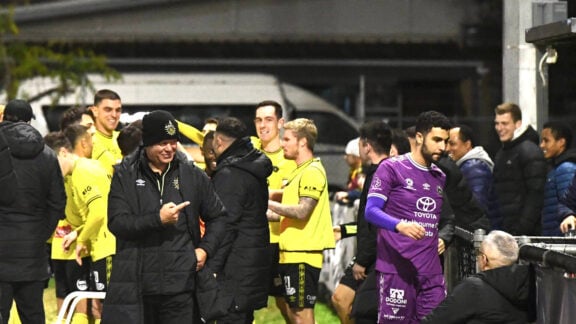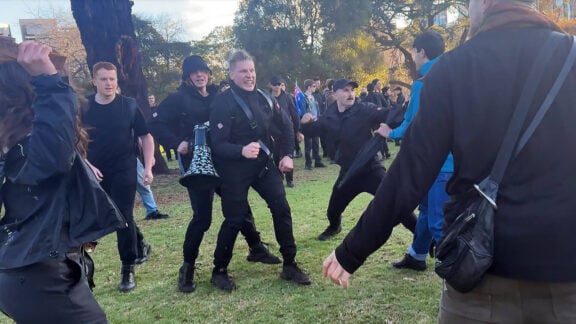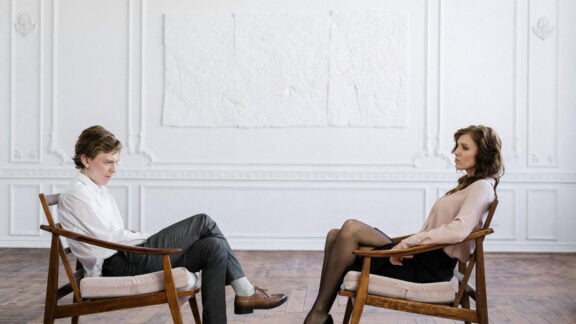Three campaigning organisations for the Parthenon Marbles, from the UK, USA and Australia, convened in London to launch the international colloquy on “The Reunification of the Parthenon Marbles”, which was attended by leading representatives from four continents.
Among the topics presented included the concept of the “Universal Museum”, issues of litigation, the Acropolis Museum, archaeological perspectives, and special tributes to Eleni Cubitt, founder of the British Committee for the Reunification of the Parthenon Marbles, and the late journalist, Christopher Hitchens, a friend and supporter of the Committee.
The all-day colloquy was held on June 19 at the Hellenic Centre in London followed the next day, 20 June, by the launch of the Missing global awareness campaign at the forecourt of the British Museum. The launch was described as a “peaceful show of support with a heartfelt message.”
The historic event was timed to coincide with the third year anniversary of the opening of the new Acropolis Museum and the occasion of the 2012 London Olympics one month later. The Missing campaign is an initiative created by ACRPS. The creative will run online at MissingSince1801.com, with a developing extendable multi-format platform to unite and mobilize support for the cause.
Co-presented by The British Committee for the Reunification of the Parthenon Marbles (BCRPM), The American Committee for the Reunification of the Parthenon Sculptures (ACRPS), and The International Organising Committee – Australia – for the Restitution of the Parthenon Marbles (IOC-A-RPM), the 2012 international colloquy echoed the efforts around the globe to educate and connect people and resources. By forging an open dialogue and coalitions among supporters, the organizing committees hope to further increase the level of awareness and support around the world. Keynote speaker was the world-renowned human rights advocate and author, George Bizos SC, a Member of BCRPM and lawyer to Nelson Mandela, who spoke on issues relating to litigation.
Amongst the key speakers were Prof. Dimitrios Pandermalis, President of the Acropolis Museum; Andrew Dismore, London Assembly Member, Former MP for Hendon, Chair, Parliamentary Joint Committee on Human Rights; Dr. Elena Korka, Archaeologist; Kostas Tsarouchas, Journalist – Publisher; Dr. Tom Flynn, Art Historian, Prof. Dr. Judith Herrin, Professor of Late Antique and Byzantine Studies, and Christina Borg, Literary Journalist. Plans are underway for the next annual International Colloquy to be held in Sydney during late October/early November 2013. Official dates to be announced.
The UK host committee, represented by BCRPM Committee Chairman Eddie O’Hara, has outlined some of the key points affirmed from the 2012 London Colloquy.
These include:
1. The focus of the campaign should be solely on the reunification of all the Parthenon sculptures. The campaign should not be weakened by association with wider claims for restitution of cultural objects. Emphasis should always be placed on the uniqueness of the Parthenon as a UNESCO World Heritage monument parts of which have been forcibly removed and transported for display in another country and to which the “floodgates” argument thus need not apply;
2. Unity of purpose and effort is essential if the world-wide support for the campaign is to be harnessed and deployed to maximum and optimum effect;
3. Litigation over the legal title to the Elgin Marbles cannot be ruled out. However, it is a risk strategy and requires much further research;
4. Legislation, specifically amendment of the British Museum Act 1963, is possible, but needs to be carefully framed and is not likely to receive British Government support in the foreseeable future;
5. Public education about the issues is known to result in increasing support for reunification and should be pursued in as many ways, and on as broad a front as possible;
6. The focus of this education should be on the cultural and ethical justifications for reunification;
7. Ethical justifications should take account of the perception by the Greek people of the Parthenon sculptures as symbols of their ethnicity. This is a cultural concept not to be confused with the political concept of nationalism.
At this time, the three campaigning organisations, BCRPM, ACRPS, and IOC-A-RPM, agree that their campaign policy for the reunification of the Parthenon Marbles should emphasize cultural and ethical arguments. Certainly for now, the policy does not encompass litigation. Plans are underway for the next international colloquy to be held in Sydney late next year.
Formerly known as the AHEPA (Australia) Committee for the Restitution of the Parthenon Marbles, the International Organizing Committee – Australia – for the Restitution of the Parthenon Marbles, Inc was formed in 1981 under the chairmanship of Emanuel John Comino AM. It was the first committee in the world set up for the restitution. The Committee aims to bring pressure to bear on governments and influence public opinion to ensure the return of the Parthenon Marbles to Greece.
For more information, visit www.parthenonmarblesaustralia.org.au.
Advertisement
Global colloquy for return of the Parthenon Marbles is launched
Campaigning organisations from the UK, USA and Australia meet in London and set course of action
